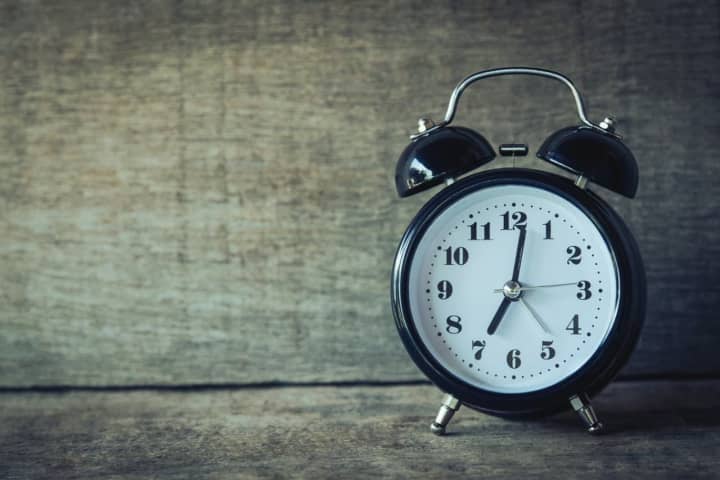"Sleep is essential to feeling refreshed and rested, and is an indispensable part of a healthy lifestyle," said Dr. Anita Bhola, medical director of Sleep Medicine at Nyack Hospital. "Changing the time when we go to bed and wake up causes our internal clocks to become out of sync."
When working through the weeks after daylight saving time begins, she recommends trying these tips to avoid feeling groggy:
- If possible, take a short nap during the day.
- Don’t expose yourself to bright light when it's dark. Use a nightlight in bathrooms and bedrooms to avoid turning on an overhead light.
- Get up as late as possible to give yourself precious extra minutes of sleep.
- Sit near sunlight, which sets the internal clock forward.
- Avoid alcohol and caffeine, which can interfere with good sleeping habits.
- Because changing the clock can interfere with sleep, it’s a good time to evaluate your sleep habits and make simple changes to improve them.
"Getting enough sleep (7-9 hours for most adults, and 8-10 hours for teens) isn’t a luxury," said Bhola. "Being short on sleep can make you less alert, impair your memory, put stress on relationships and increase your risk of car accidents. Long-term health problems related to too little sleep include high blood pressure, diabetes, heart attack, heart failure or stroke. Lack of sleep can also contribute to obesity, depression and lower sex drive."
To improve your sleep, she suggests:
- Going to bed early and getting up at the same time every day, even on weekends.
- Establishing a bedtime routine for yourself to help your body settle down for the night, and engaging in relaxing activities, such as reading a book or taking a warm bath.
- Sleeping in a cool, quiet, dark room on a comfortable, supportive mattress.
- Keeping electronics out of the bedroom.
- Exercising regularly.
- Avoiding caffeine and alcohol late in the day.
- Making a list of all the things you need to do in order to destress and allow your body to relax.
"If you start making changes now to improve your sleep, you can increase the odds your body will be well prepared whenever it’s time to turn the clock forward or back," said Bhota.
To learn more about the services offered by Nyack Hospital, click here.


